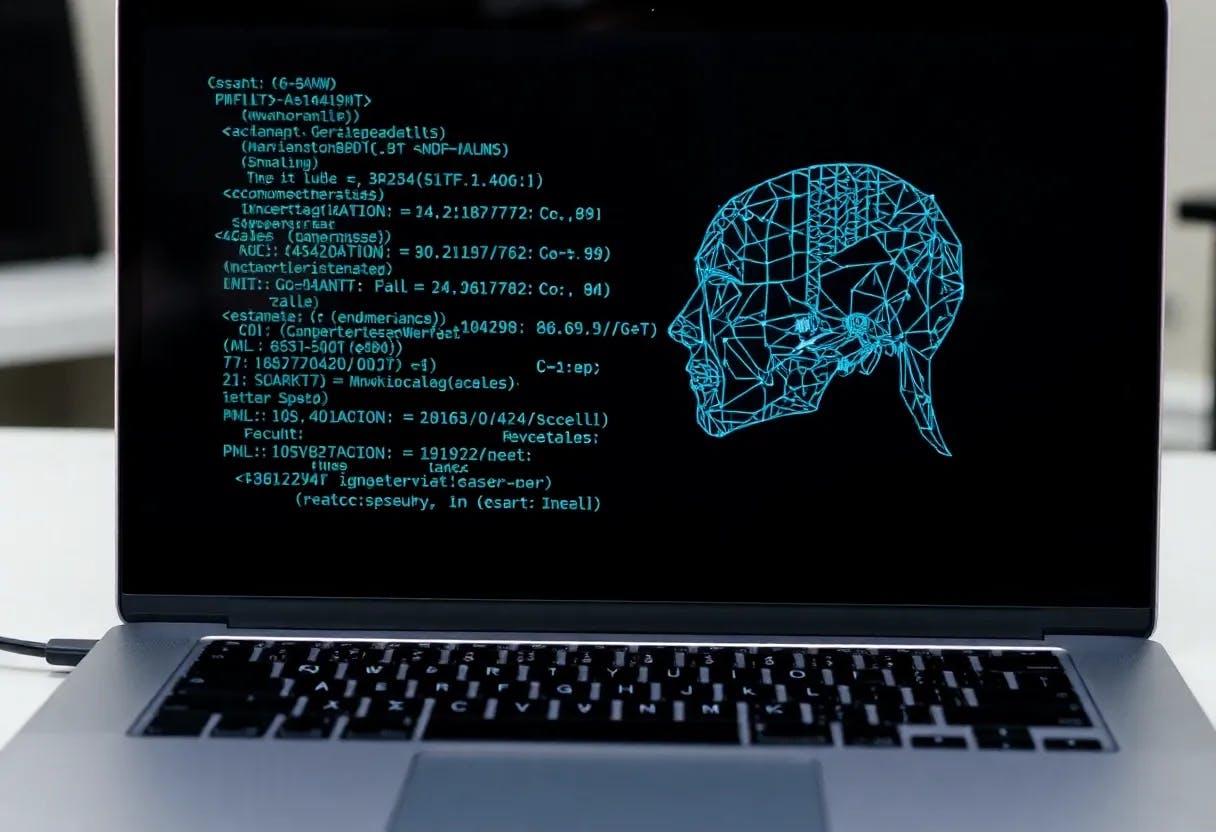
"In our head-to-head experiments, we observe that offline contrastive training offers a more valuable training signal than traditional SFT methods, demonstrating its effectiveness in model performance."
"Our analysis shows that the iterative contrastive self-improvement algorithm successfully enhances the training of the student model, yielding superior results compared to established baselines."
The article discusses advancements in training models through Reinforcement Learning with Human Feedback (RLHF), emphasizing the benefits of offline contrastive training over traditional supervised fine-tuning (SFT). In particular, head-to-head experiments demonstrate that using the differences between positive and negative outputs during training yields more significant performance improvements. The authors present the Iterative Contrastive Self-Improvement algorithm and support their findings with experimental results that confirm the superior effectiveness of this approach compared to baseline models like Orca-2.5.
Read at Hackernoon
Unable to calculate read time
Collection
[
|
...
]